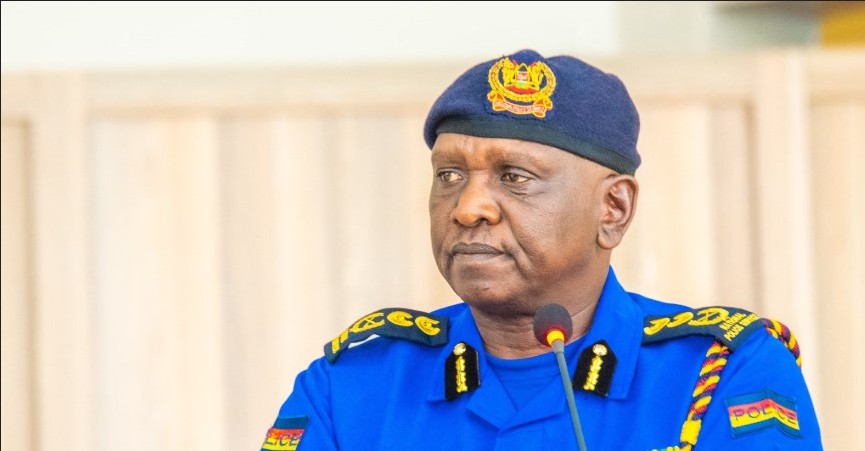Members of Parliament have warned that unclear provisions in the Constitution are behind the constant clashes between the National Police Service Commission (NPSC) and the Inspector General of Police (IG).
The National Assembly Committee on Implementation of the Constitution (CIOC), led by Suba South MP Caroli Omondi, said the disputes stem from Articles 245 and 246 of the Constitution. These articles appear to give both the IG and the Commission overlapping powers.
Articles in Conflict
Article 245 gives the IG full command of the police service. It allows the IG to implement policies, deploy officers, and manage day-to-day operations.
On the other hand, Article 246 establishes the NPSC as the body in charge of human resource management. This includes recruitment, promotions, training, transfers, and discipline.
This overlap has led to confusion over who controls recruitment, payroll, and even funding. The planned hiring of 10,000 new officers has already been delayed because of the standoff.
MPs Raise Concerns
Borabu MP Patrick Osero said the Committee had directed both parties to hold talks within 60 days. They will then report back to Parliament.
“If they don’t agree, we may have to amend the law to make their roles clear,” Osero warned.
NPSC CEO Peter Leley told MPs that courts had delivered more than 14 rulings in favor of the Commission’s authority. He also revealed that past police chiefs had skipped NPSC meetings, making it hard for the body to reach quorum. A recent ruling has since clarified that only three members are needed to conduct business.
Risks to Police Service
Lawmakers cautioned that the tug-of-war could weaken the unity and integrity of the police service. They stressed that unless the dispute is resolved quickly, the delays in recruitment and payroll management could affect national security.

